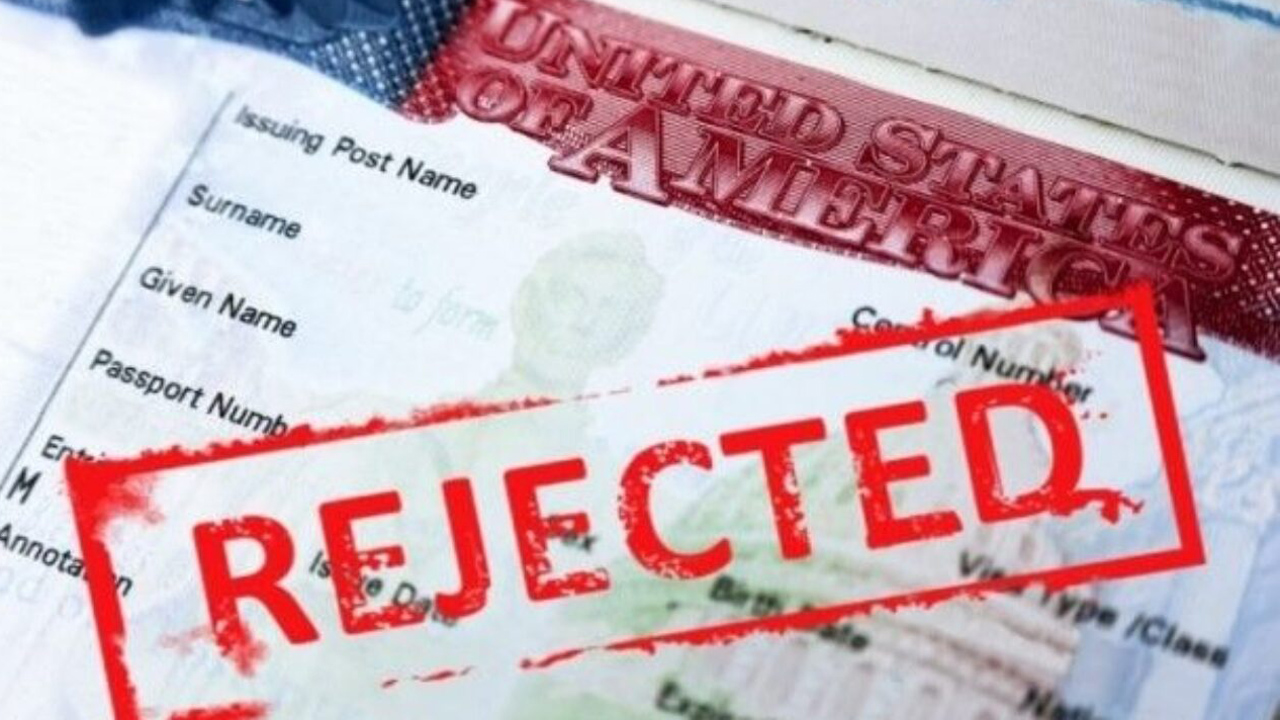The International Air Transport Association (IATA) has warned that persistent supply chain challenges in the global aerospace industry could cost airlines more than $11 billion in 2025.
In a new joint report released yesterday, with global management consultancy Oliver Wyman, titled “Reviving the Commercial Aircraft Supply Chain,” IATA said the ongoing disruptions have delayed the production and delivery of aircraft and spare parts, forcing airlines to keep older, less fuel-efficient jets in service longer than planned.
The study found that the worldwide commercial aircraft backlog reached a historic high of 17,000 aircraft in 2024, significantly above the pre-pandemic average of 13,000 between 2010 and 2019.
The bottlenecks, according to IATA, were not only constraining airlines’ capacity expansion but also pushing operating costs sharply higher.The report estimated that supply chain inefficiencies would result in excess fuel costs of about $4.2 billion, as airlines operate older aircraft; maintenance expenses of $3.1 billion, due to aging fleets; and engine leasing costs of $2.6 billion, as carriers struggle with longer repair turnaround times.
Also, airlines are projected to spend another $1.4 billion on surplus inventory and spare parts to cushion against further disruptions.
“Airlines depend on a reliable supply chain to operate and grow their fleets efficiently. Now we have unprecedented waits for aircraft, engines, and parts — and unpredictable delivery schedules,” IATA’s Director-General, Willie Walsh, said.
Walsh said opening the aircraft aftermarket — allowing more access to spare parts and maintenance options — and increasing transparency across the supply chain could help ease the current bottlenecks.
IATA noted further that while passenger demand rose 10.4 per cent in 2024, airline capacity only grew by 8.7 per cent, pushing load factors to a record 83.5 per cent.
The gap, the report warned, was expected to widen in 2025 unless production rates improved.The report attributed the supply chain constraints to geopolitical tensions, raw material shortages, and labor market tightness, among other factors.
It also called for greater collaboration among Original Equipment Manufacturers (OEMs), lessors, and suppliers to restore balance and resilience in the industry.
According to a Partner at Oliver Wyman’s Transportation and Advanced Industrials practice, Matthew Poitras, addressing the issue requires a coordinated approach.
“Today’s aircraft fleet is larger, more advanced, and more fuel-efficient than ever before.
“However, supply chain challenges are impacting airlines and OEMs alike. We see an opportunity to catalyze an improvement in supply chain performance that will benefit everyone, but this will require collective steps on transparency and talent,” he said.





